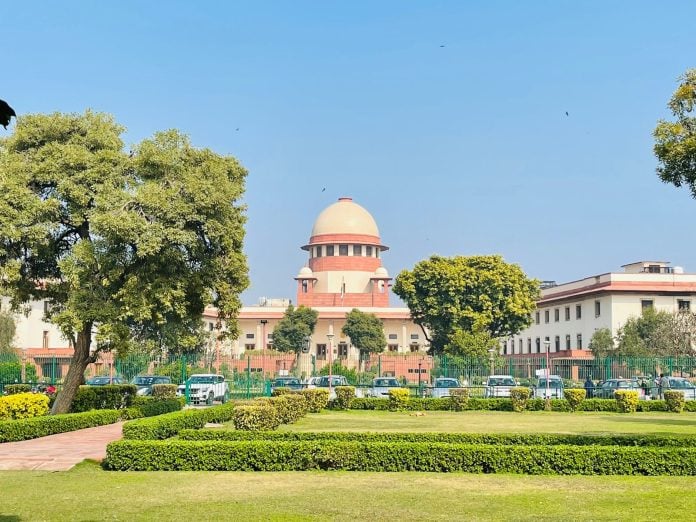Senior Advocate Colin Gonsalves told the Supreme Court that the ban on wearing hijab which was upheld by the Karnataka High Court is deeply offensive in nature and is hurtful to all who follow Islam.
The Bench of Justice Hemant Gupta and Justice Sudhanshu Dhulia was hearing the argument on pleas challenging the order of Karnataka High Court which upheld the government order effectively empowering the college development committees of government colleges in the State to ban the wearing of hijab by Muslim girl students in college campus.
Several counsels have been opposing the High Court’s order including the Senior Advocate Gonsalves who is one of the several counsel spoke in the Apex Court today opposing the High Court.
The advocate made the court aware of how the judgment that refer to the Hijab acting as barrier for many girls who wanted to be educated leading to their independent and quality lives.
He opined that many parts of the judgment are deeply offensive to those who follow Islam. He further requested to consider remanding the case to the High Court for it to be heard again by a different bench
The senior lawyer also took objection to the concept of schools being a “qualified public space”, one that was novel to Indian jurisprudence.
He did not stop here and compared the Kirpan and turban with the hijab, stating that the turban is protected whereas hijab is not protected by the Constitution.
“If a turban is allowed in school, why not the hijab? What’s the difference? Apart from the fact that it got constitutional protection 75 years ago. You’ll never tell a Sikh boy to take off his turban,” he argued.
Senior Advocate Gonsalves said the Indian Constitution was a living document which changes with time and what was previously incomprehensible, has today come to be accepted.
He also added the point that the diversity and religious expression in schools is the best way for children in India to learn about religions.
“Some in a turban, some in a hijab.. what better way for students to learn? Go for Diwali, Christmas, Eid.”


